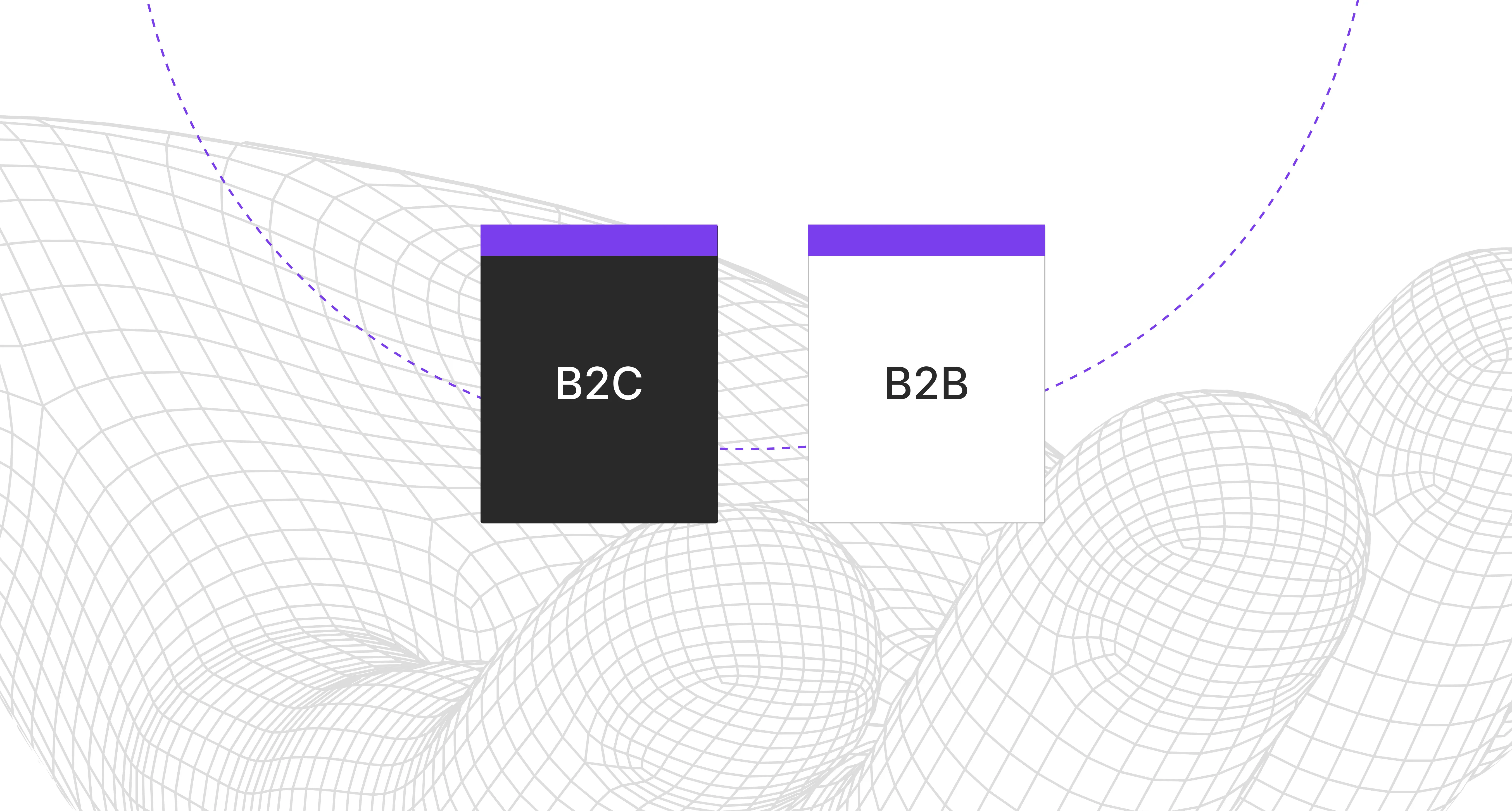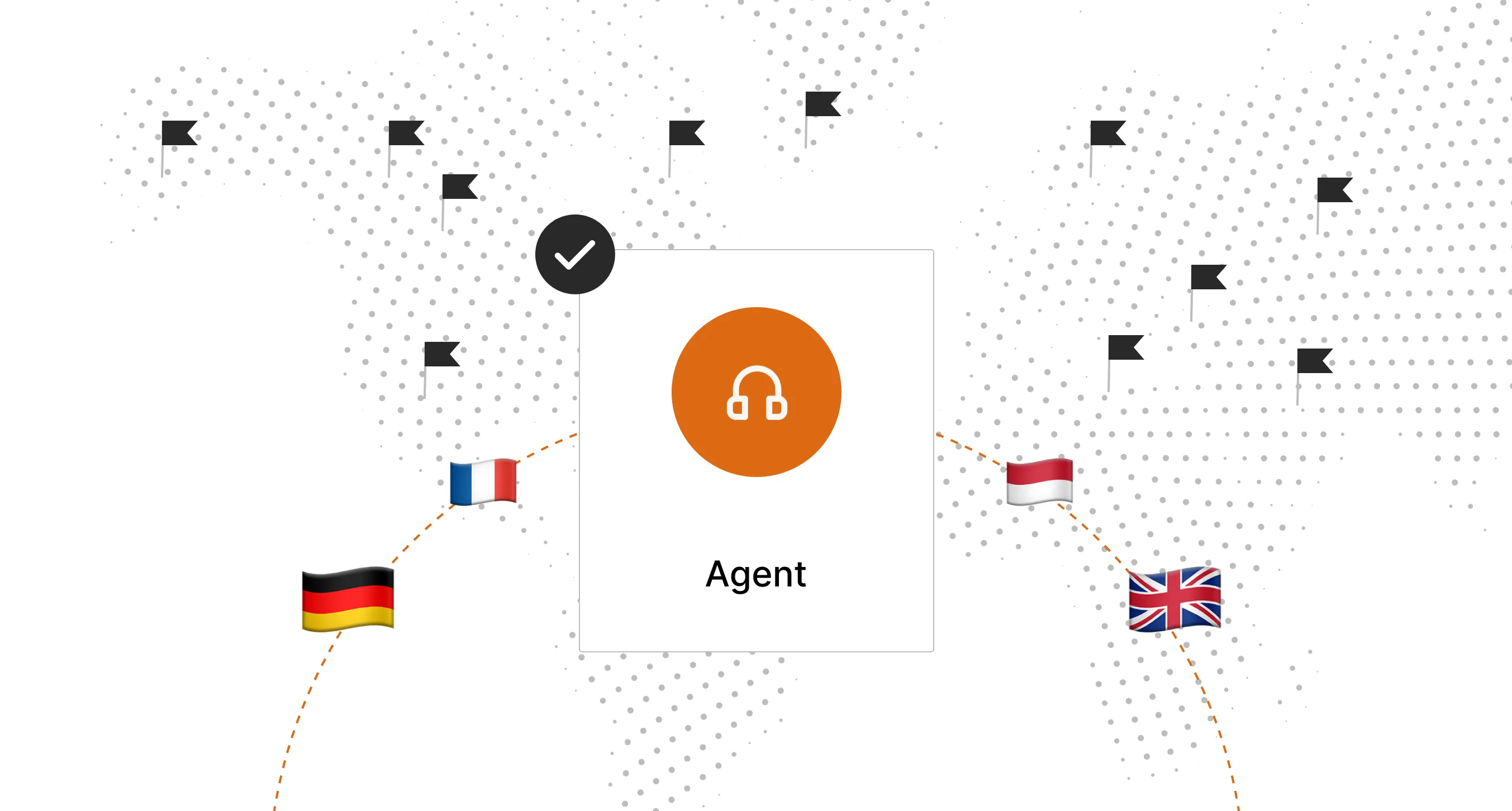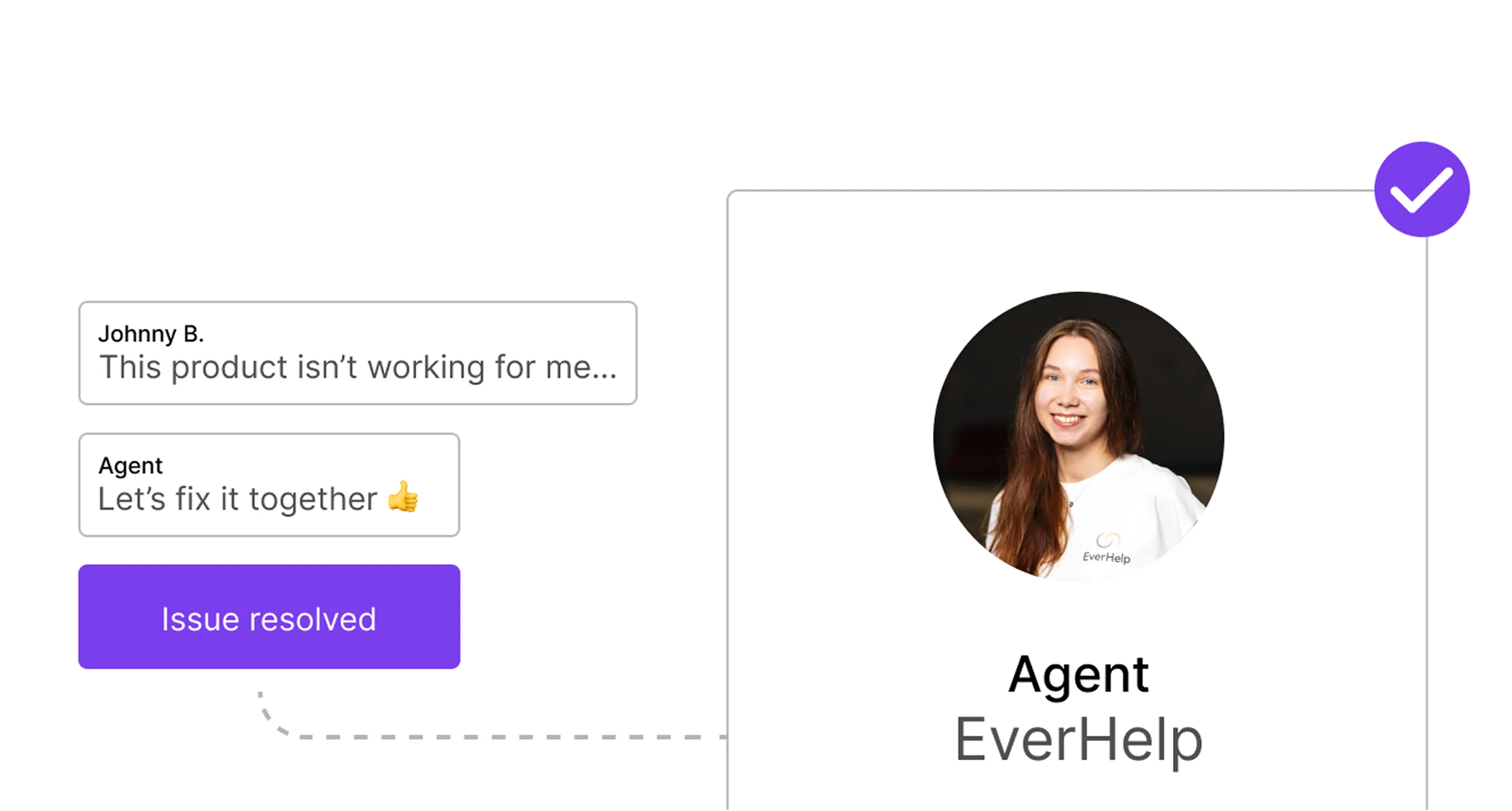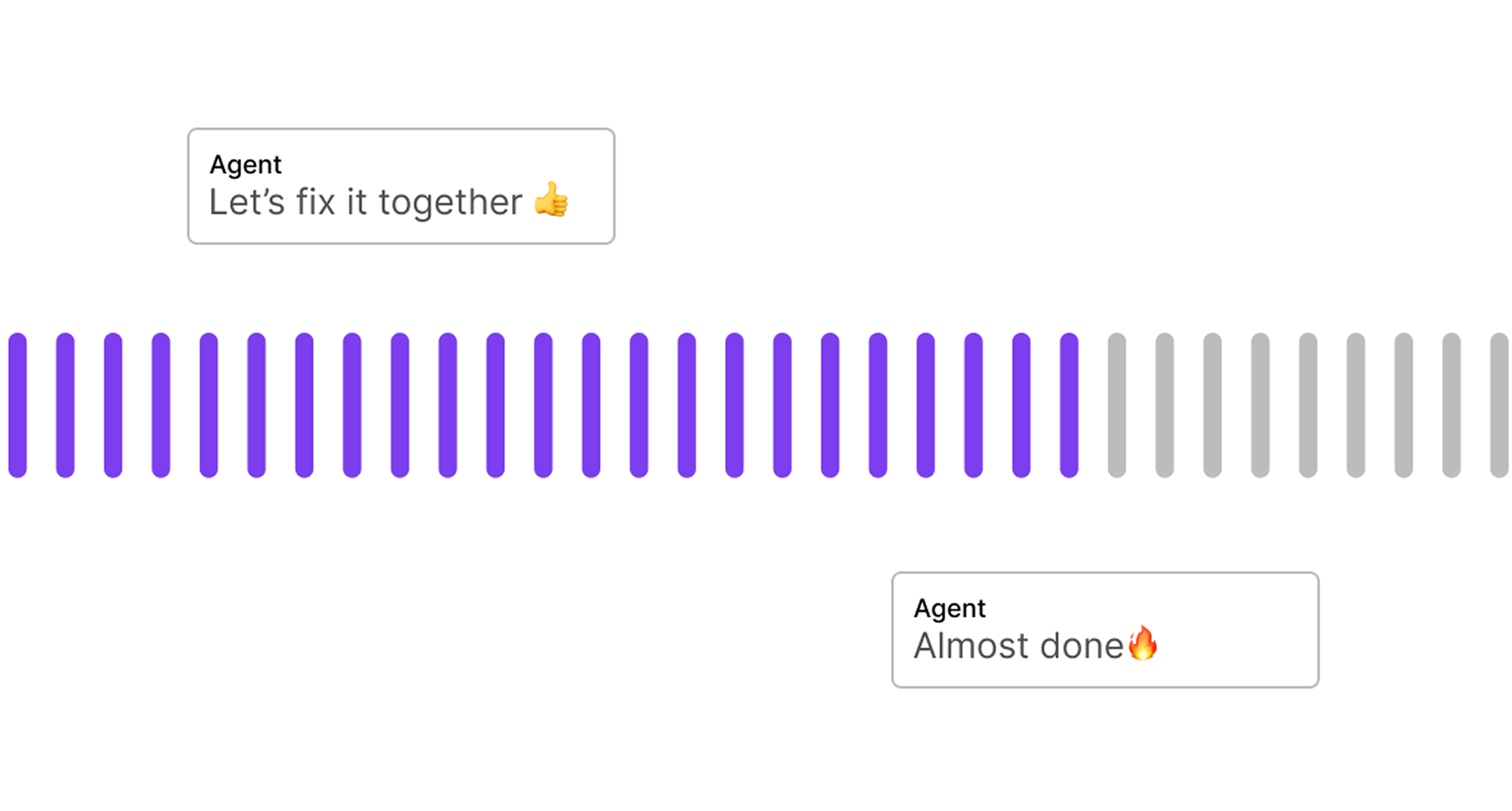Why You Should Outsource Your Multilingual Support

In today’s globalized market, speaking your customers’ language can help your business thrive. At least, that’s what we have established in our last article. We’ve also previously explored the benefits of multilingual support and how it can transform customer satisfaction and boost sales, especially for eCommerce businesses expanding more into international markets.
Now that you know the ‘why,’ it’s time to figure out the ‘how.’ How do you find and hire proficient multilingual support agents? Should you build an in-house team or outsource the service? Surprisingly, outsourcing might just be the strategic solution if you want to implement multilingual support.
Why? This is what we are going to address in this article. So, if you would like to know more about multilingual support outsourcing and why it’s such an advantageous solution for businesses looking to localize their services, don’t scroll away and keep on reading!
The Challenges of Managing an In-House Multilingual Support Team
Before we dig into why outsourcing multilingual assistance is a better option, we should take a look at why having an in-house team usually doesn’t meet business expectations.

The High Cost of In-House Teams
Let’s first address the elephant in the room – the cost. Yes, translation and localization require special budgeting. Hiring and maintaining a team of agents who speak multiple languages can be expensive. More skilled and knowledgeable employees, especially those with extra language proficiency, always require higher compensation. Add to that the cost of constant training for those representatives, as you should keep them updated on the latest developments in your products and customer support services.
There’s also one nuance: even though providing multilingual support is beneficial, most businesses don’t need it on a daily basis. Typically, multilingual assistance is required for specific projects and markets. Yet, with an in-house team, you will be stuck paying full-time salaries and seriously straining your budget.
The Management Headache
Next is the question of management. An international team requires a certain level of organization, and a support manager must be able to handle agents’ diversity with cultural sensitivity. Besides, a diverse group of agents usually means they work from different time zones, which certainly complicates communication and team supervision.
However, this is just one side of the issue. Think about the logistics of staffing. Let’s say you want to organize support localization in German, Spanish, and English. You’ll need enough agents to handle all customer inquiries, especially during peak hours. For smaller companies or rapidly growing businesses, this can be a logistical nightmare, especially if you don’t have the infrastructure (or the money) to manage a big, diverse team to cover all your customers’ language needs.
Quality Control
Another important thing to remember is how to maintain high-quality standards for your multilingual support team. Working with representatives who speak more than one language (especially natives) requires a specialized QC agent who understands the language and the cultural nuances that influence communication styles.
This is not an easy role to fill, so you will most likely hire a new team member with a unique blend of language proficiency and performance monitoring skills. Not to mention that you will also need to create an evaluation system that accommodates different communication norms. For example, what’s considered polite and professional in Japan might come off as too formal or even cold in Spain. Your QC process, therefore, needs to account for these subtleties.
Communication & Integration
You also need to integrate new customer service agents into your company’s work culture. This can be tricky, as your new team members can be spread across different countries and time zones (especially if you hire native speakers).
It takes deliberate effort to make remote employees feel like part of the team, which often means investing in onboarding programs, team-building activities, and ongoing communication. This also leads us to the question of establishing proper communication with new teammates. Coordinating between agents who speak different languages can easily lead to confusion and misunderstandings, which, of course, can hinder the efficiency of the support processes.
How Outsourcing Can Help With Multilingual Assistance
For all the aforementioned reasons, most of the time, outsourcing positions for multilingual support agents proves to be a more beneficial solution for businesses than hiring in-house. There are a couple of reasons why:
- With outsourced multilingual customer support, you can save costs yet still establish a high-quality service. How? Well, think about it: instead of hiring individual agents, QA specialists, and managers, you pay a fixed fee to an outsourcing provider. In return, you get a fully prepared team ready to support your business. This allows you to focus on what you do best while they take care of recruiting, training, and integrating the new team members into your customer support system.
- Outsourcing allows you to source team members for a specific project. For example, if you expand one branch of your business to Germany and the Netherlands, you can find agents to work solely for those markets and offer support in their native language. This also gives you more opportunity to scale your team up or down depending on the request volume of a specific project.
- You can create a specialized management group to match the unique needs of the customer support agents from a specific culture. These managers can receive separate training to effectively organize work with those employees, effectively managing language barriers and following the nuances of their native traditions.
- An outsourced team allows for better integration of the customer support system into a specific market and country. This means you can hire agents who are familiar with local customs, preferred language nuances, and cultural expectations. This ensures customer interactions feel natural and relatable, fostering stronger customer connections and trust and a more pleasant support experience.
- Through outsourcing, you can find multilingual help staff within or near the same time zone. This way, your customers can expect quicker response times and real-time support, which is necessary for immediate assistance and overall good customer service quality.
- Outsourcing your customer service lets you focus on what truly matters for your business. While your trusted partner manages everything from overseeing agents and handling support tickets to back-office support, you can dedicate your time and energy to developing your products or services. Plus, you’ll gain valuable insights from the user feedback collected by your new support team, ensuring you meet client expectations and deliver the personalized experience they’re looking for.
As you can see, with outsourced support services, you can work with a team that is fully embedded in the local context and organized to meet your clients’ high standards. Your company will thus have a chance to provide customer assistance that matches the specific needs of your target market and global audience, considering all the cultural, linguistic, and logistical nuances, without breaking the bank.
Choosing The Right Outsourcing Partner: Features to Look For
Outsourcing your multilingual customer assistance is undoubtedly one of the best practices you can follow to drive customer satisfaction and loyalty. However, under one condition: you have to find a trustworthy and experienced provider who knows how to deal with such a request specifically. This makes the search somewhat more complicated. That’s why we decided to give you a couple of reference points you can look for to make sure that the outsourcing company you are considering can, in fact, offer support in multiple languages and is the right match for your needs.
The first thing you should look for is whether the outsourcing provider has access to agents that satisfy your language preference and if they operate in strategic locations that align with your business objectives. Many companies highlight their multilingual capabilities on their website’s homepage, but it’s always best to confirm. To avoid any uncertainty, ask their sales representatives directly about the specific languages and locations for the new markets you require. This way, you’ll know right away if they can meet your needs.
Next, verify whether the outsourcing provider manages quality control and oversees their support representatives. These tasks are often the most challenging to handle in-house, which is likely why you’re considering outsourcing: to delegate these complex processes and focus on your core business.
It’s also a positive sign if the provider is tech-savvy. This indicates they know how to boost efficiency and streamline support operations for better customer experience. Look for companies that offer seamless CRM integration, use AI-powered digital customer service tools , and implement data analytics. These features demonstrate their commitment to building a well-organized and fully integrated customer support system.
Another tell-tale characteristic of a good outsourcing provider is that they provide extra features. Here, you should look specifically for those offers that match your business workflow and requirements. These can, for example, be 24/7 and omnichannel assistance or back-office support services. You want to find a partner for a long-term collaboration, so it’s a good idea to think ahead and predict the possible services that can strengthen your business and bring more positive customer support experience.
Lastly, let’s not forget the three main staples of a high-quality outsourcing company: security, compliance, and experience. When looking for a future multilingual support partner, check whether they have the necessary licensing and if they follow established security standards. This safeguards both your business and your customer base. Industry experience is equally important as it shows that the provider has successfully handled similar challenges. To evaluate this, review client testimonials and feedback. Additionally, explore the company’s case studies to see how they’ve managed projects similar to yours. This will give you a clearer picture of their expertise and reliability.
If you follow these guidelines, it will be much easier to pick outsourcing companies that match your industry standards and offer multilingual support services specific to your business needs. To make the selection process even quicker, we’ve compiled a comprehensive checklist for you to use when checking out potential vendors for collaboration.

Case Study
At EverHelp, we have a compelling example of how the right outsourcing partner can transform multilingual support. One of our clients, a tailored printing company, came to us struggling to manage their multilingual customer service needs.
We began by thoroughly analyzing their situation, allowing us to design a support strategy tailored to their immediate requirements. Their primary need was to find German- and Dutch-speaking agents to join the team. For the German market, they required support across email, live chat, and phone calls. Thus, we prioritized finding native speakers who could efficiently handle all three communication channels, ensuring seamless interactions with the target audiences.
By partnering with us, the client saved 1,938 hours of recruitment time and approximately €144K in costs, all while establishing strong multilingual support capabilities.
Strategies for Effective Multilingual Customer Support Outsourcing
Choosing the right service provider is key to establishing a highly functioning multilingual customer support system. However, aside from all the above indicators, we also recommend you look at your outsourcing partner's strategies to build an effective multilingual support team. Below, we included just a few key practices to look for.
1. Open communication channels
Talking with your outsourced support team is important to maintain involvement in the work process and keep any possibility of misunderstandings away. Thus, establish clear communication channels with your support representatives and their management. Show that you are open to feedback and ready to resolve any issues that arise. This will help ensure smooth coordination within your company and efficiently assist your customers.
2. Language capabilities assessments
Although a reliable outsourcing provider is likely to hire native speakers, it’s still necessary to assess each candidate's language proficiency. Just because someone speaks the language fluently in daily conversations doesn’t mean they have the writing skills needed to deliver professional, well-written responses. By implementing language testing, you can ensure your multilingual support team communicates clearly and effectively, providing precise answers to your customers' questions.
3. Cultural sensitivity training
Having native speakers communicate with your customers certainly helps make sure that they receive culturally nuanced assistance. Cultural sensitivity training may be a great source of further development of empathetic communication skills for your agents. By providing your customer support team with culturally relevant educational materials, they’ll gain valuable insights into the communication customs, traditions, and styles of the specific market they serve.
4. Comprehensive quality assurance
As mentioned before, quality control is necessary to ensure high-quality customer service. Multilingual support agents may require a special approach to quality testing, though. To satisfy your customers and ensure your agents perform at their best, check if your outsourcing provider conducts regular quality assessments. Additionally, establish clear channels for feedback (from your clients and the agents themselves) to continuously improve your support team's effectiveness in answering customer questions.
With these strategies in place, your company can be confident that your outsourced multilingual support team is well-maintained and provides top-notch customer assistance for your clients.
Keeping Your Support Team On Par with High-Quality Through Outsourcing
Even though establishing a multilingual customer support system may seem like a complex business task, with the right outsourcing partner by your side, it can be done in the blink of an eye. Just go through our checklist when choosing the right provider, and you will surely be on your way to the global success of your business.
Nevertheless, you may still be unsure whether outsourcing is a good option for you even after reading our article. Don’t discard the idea just yet, though. Book a call with our team, and we will discuss the possibilities for cooperation that match your multilingual requirements and budget!









.webp)





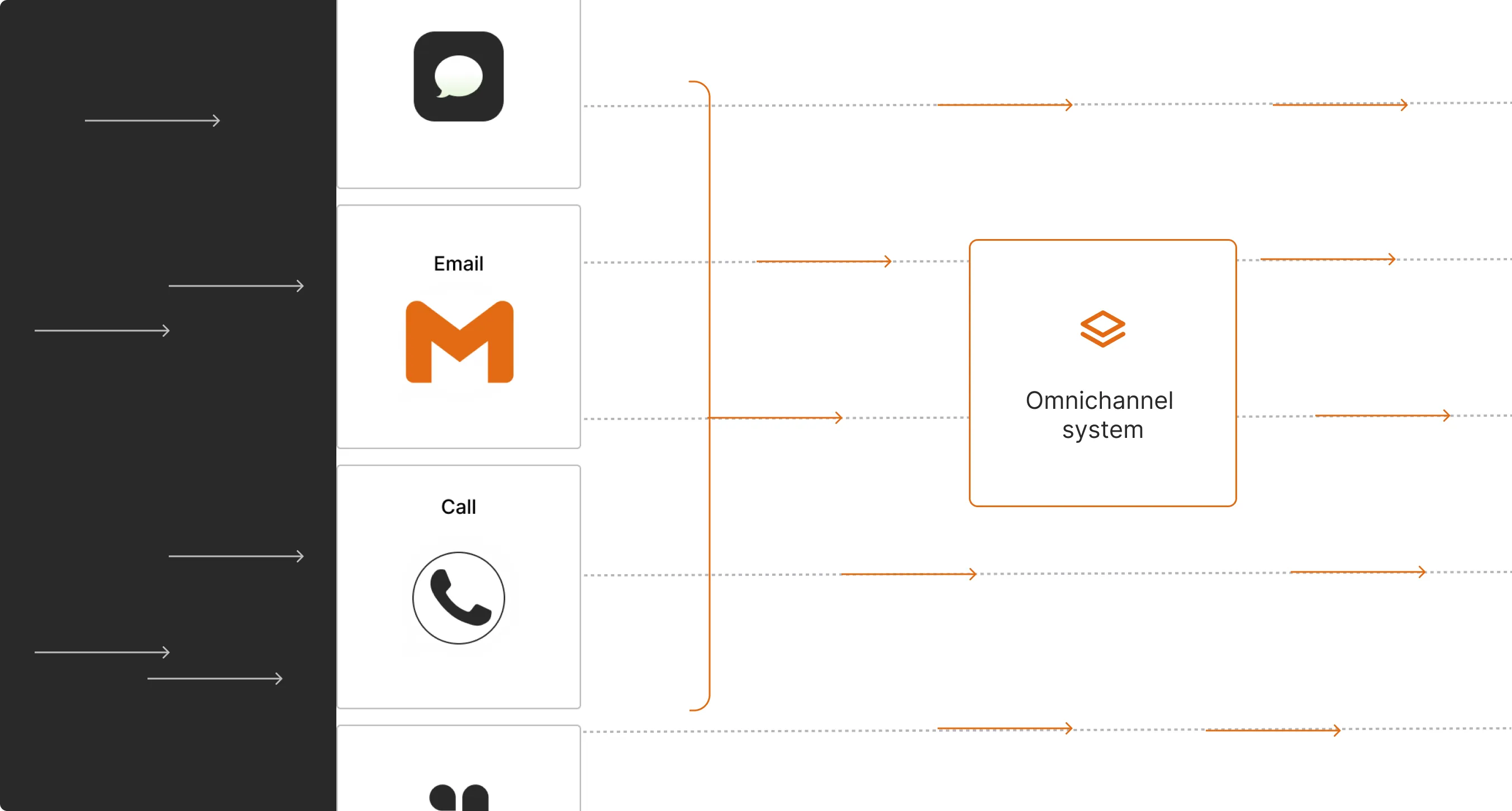





.png)





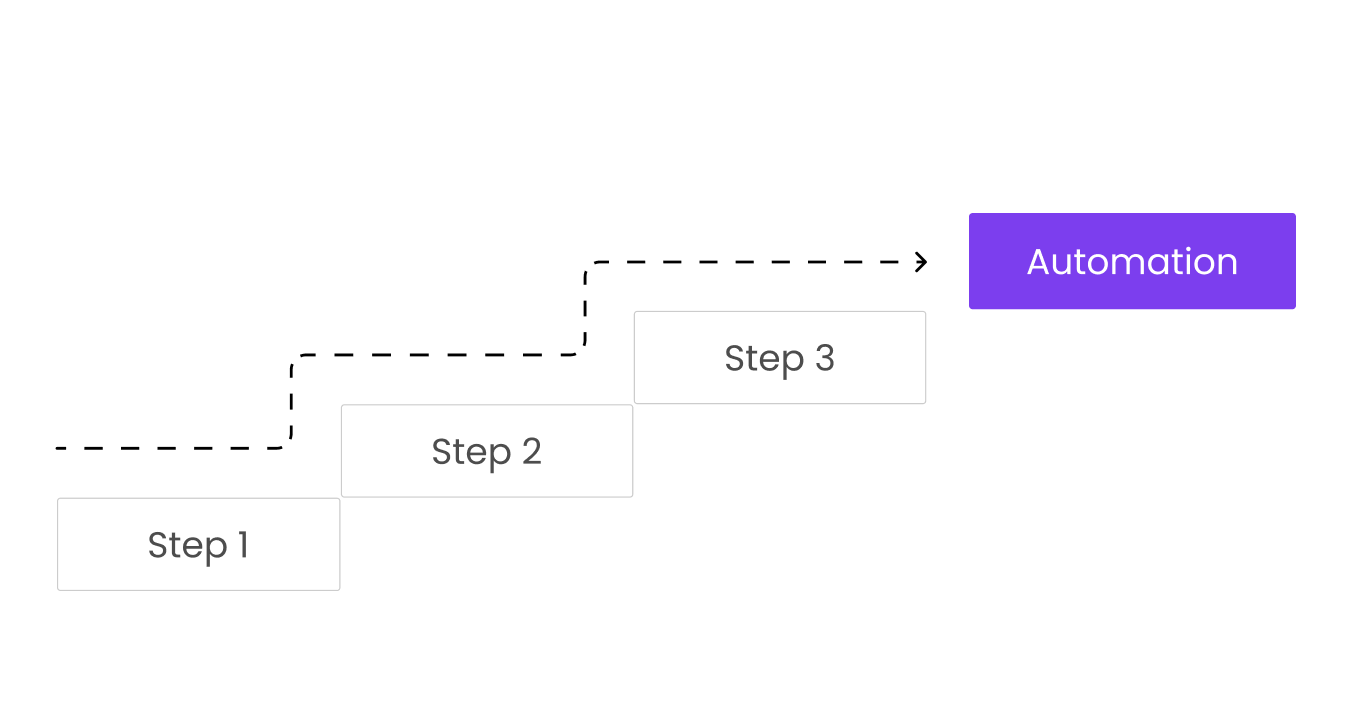


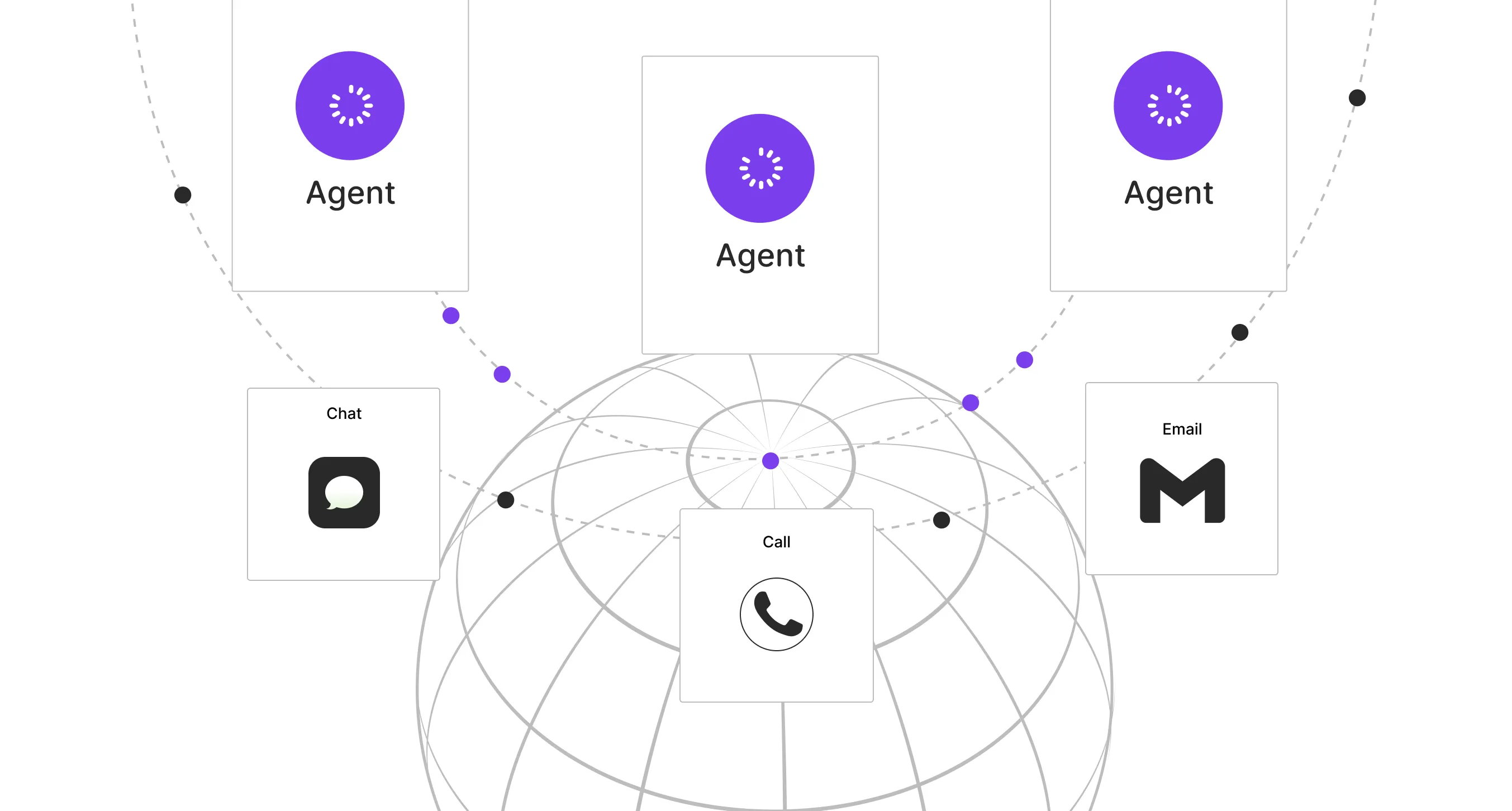
.png)
.webp)


_%20Strategies%2C%20Tools%20%26%20A%20Client%20Success%20Story%20(3).png)
.png)
.png)

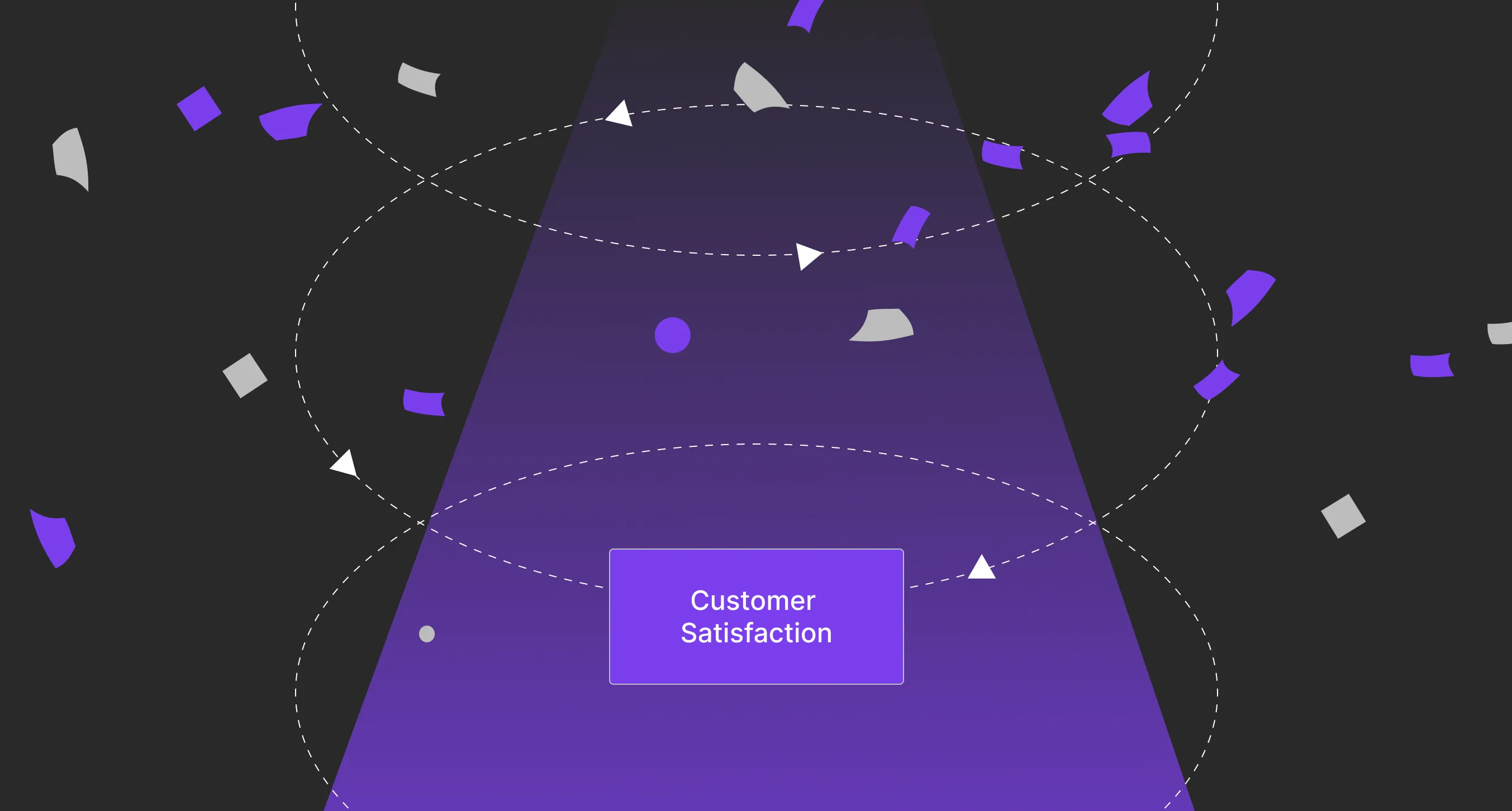
.webp)
.webp)
.webp)
-min%20(1).webp)
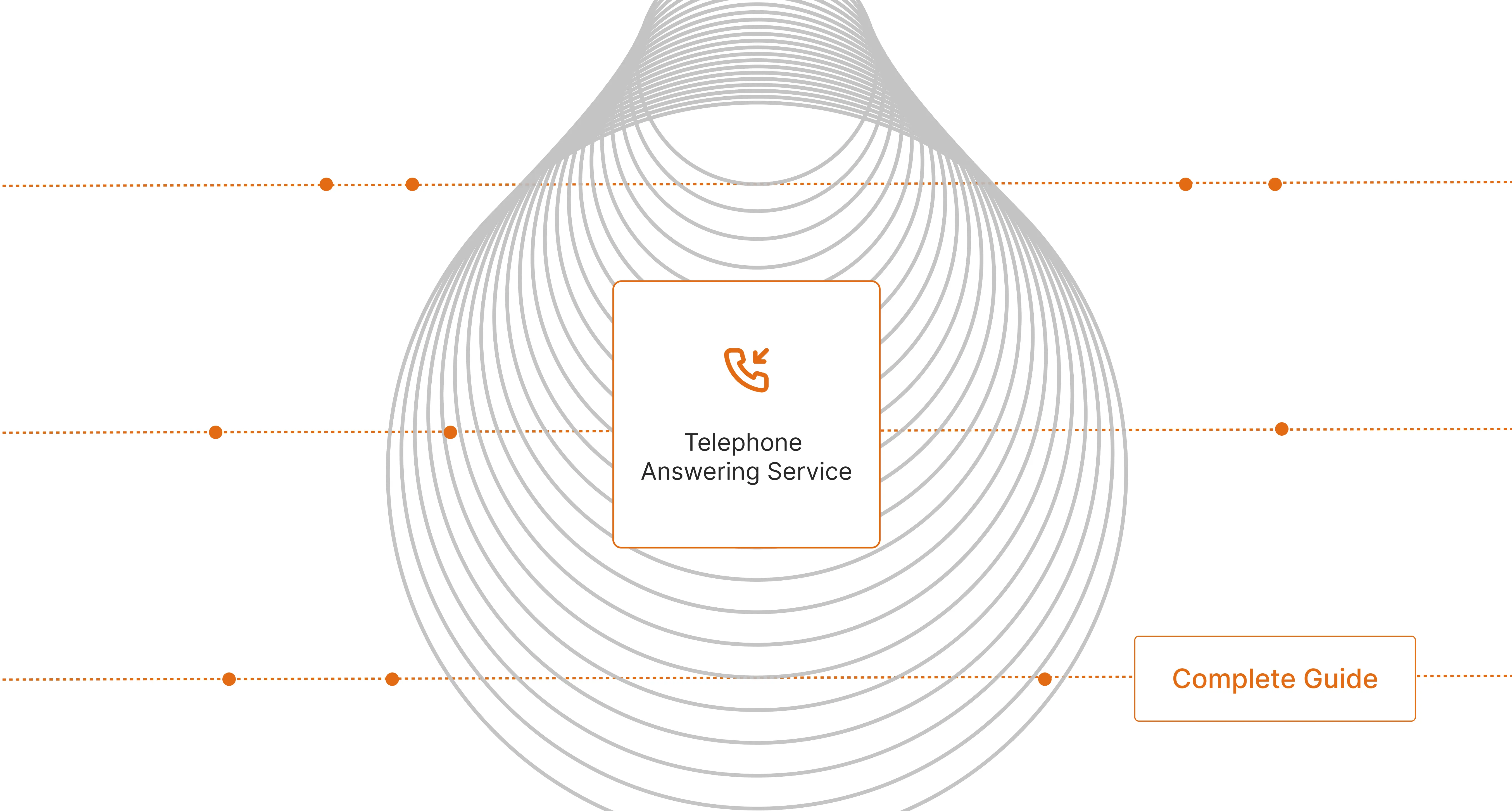


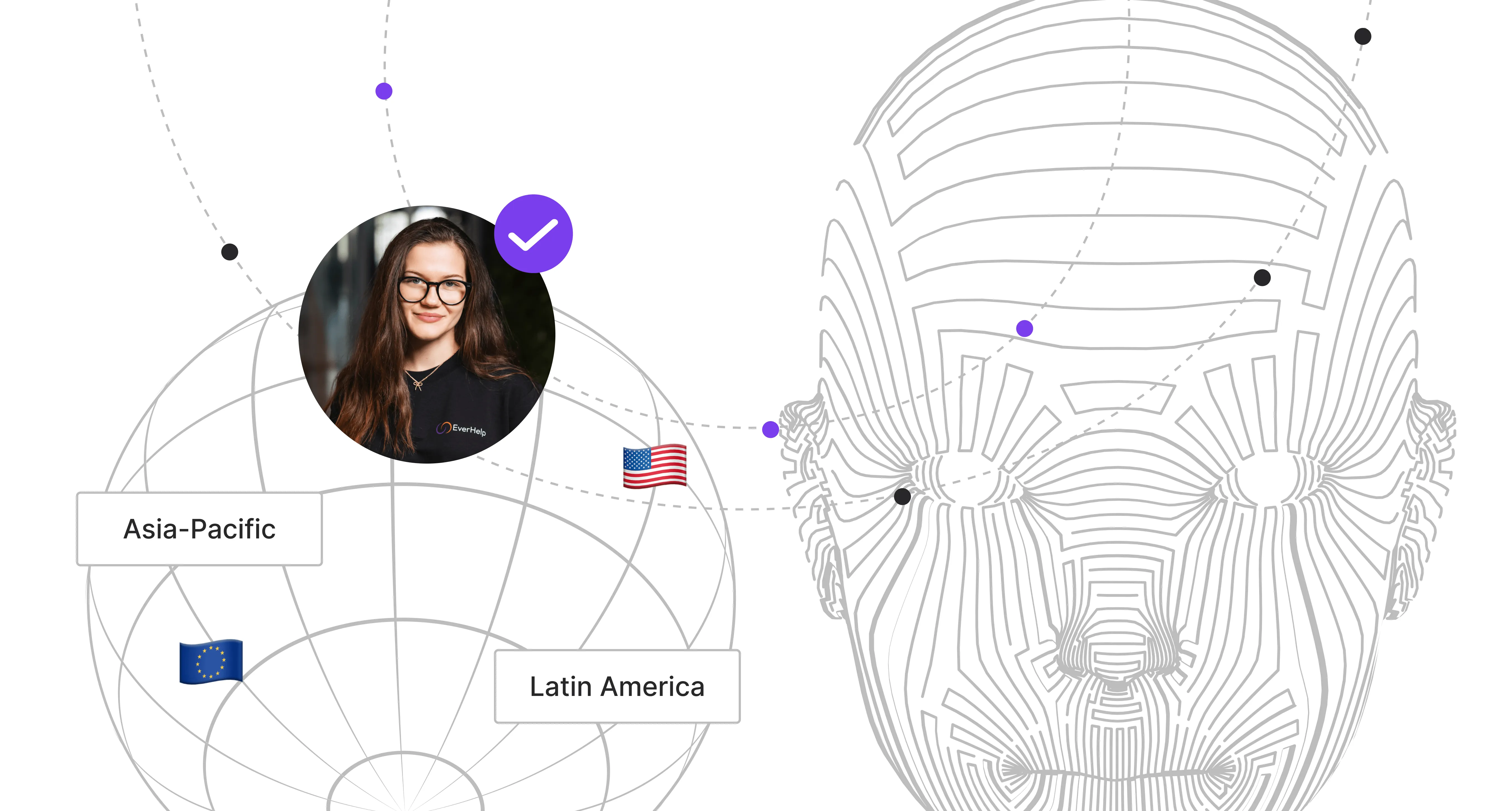
.webp)
